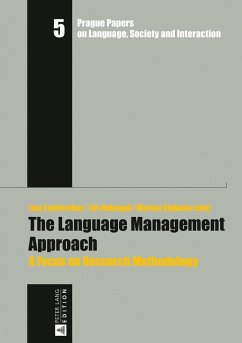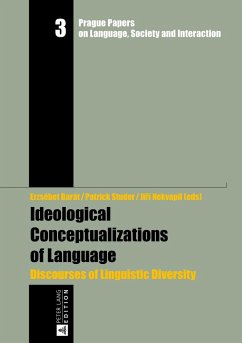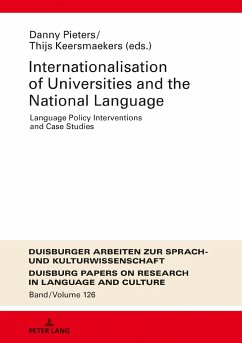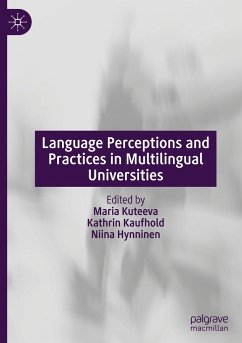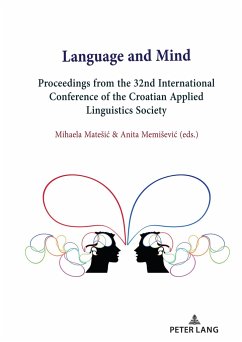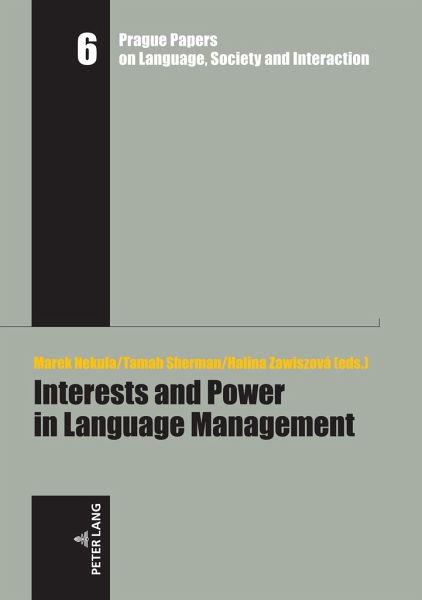
Interests and Power in Language Management
Versandkostenfrei!
Versandfertig in 6-10 Tagen
75,60 €
inkl. MwSt.

PAYBACK Punkte
0 °P sammeln!
This volume expands the discussion on the language management (LM) framework through two themes: interests and power, which are driving forces of the LM process, observable and describable at every step. It consists of thirteen contributions analyzing diverse situations in Europe, Asia, and Africa. Authors focus on a range of topics, including the role of language ideologies in various types of institutions, such as higher education institutions and language cultivation centers, the struggle to maintain minority languages, the positions of the actors involved in the process of making policies ...
This volume expands the discussion on the language management (LM) framework through two themes: interests and power, which are driving forces of the LM process, observable and describable at every step. It consists of thirteen contributions analyzing diverse situations in Europe, Asia, and Africa. Authors focus on a range of topics, including the role of language ideologies in various types of institutions, such as higher education institutions and language cultivation centers, the struggle to maintain minority languages, the positions of the actors involved in the process of making policies concerning foreign language teaching, or the processes that learning and choosing to use foreign languages entail. Emergent insights into the commonalities in the ways in which interests and power guide or underlie the management of language, communication, and sociocultural problems contribute significantly to the strength of LM as a sociolinguistic framework.





